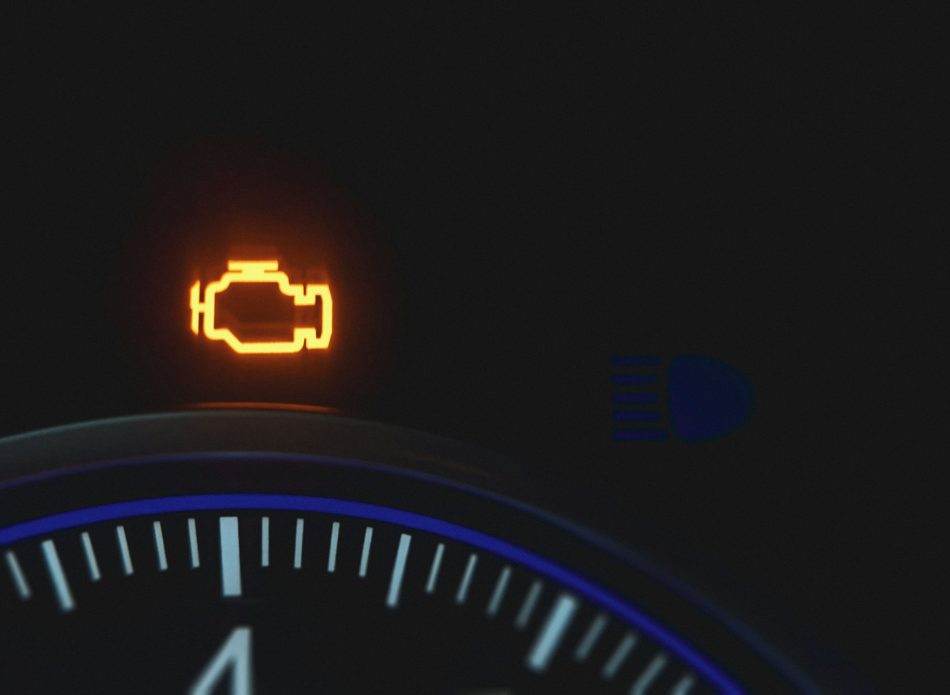
Ah, the dreaded “check engine” light – a beacon of mystery and fear that pops up on your car’s dashboard. This light is like that one relative who shows up unannounced at your doorstep; you’re never quite sure if it’s a minor inconvenience or a harbinger of doom.
Let’s dive into the top four reasons why this light might be giving you a surprise visit.
1. The Case of the Loose Gas Cap
Believe it or not, a loose gas cap can cause your car’s check engine light to come on. It’s like leaving the fridge door open – except it’s your car telling you it’s not fully sealed. This might seem minor, but it’s important for maintaining the fuel system’s pressure and preventing fuel evaporation. So next time, give that cap an extra twist to make sure it’s snug as a bug.
2. The Great Catalytic Converter Caper
The catalytic converter is like the silent guardian of your car’s exhaust system, transforming harmful pollutants into less harmful emissions. Issues with, or heavens forbid, the theft of this crucial component, can trigger the check engine light. Besides, a faulty converter can lead to decreased performance and fuel economy. Not what you want when trying to impress on the road!
3. The Spark Plug Saga
Ah, the spark plug – the unsung hero of your car’s engine. Problems with the spark plug, spark plug wires, or ignition coils can lead to the engine running erratically or misfiring. It’s like trying to start a campfire with wet wood – frustrating and smoky. Keeping these components in tip-top shape ensures a smooth ride and efficient engine performance.
4. The Oxygen Sensor Odyssey
Last but not least, the oxygen sensor. This little gadget is responsible for measuring the amount of unburned oxygen in your car’s exhaust system. A malfunctioning sensor can cause havoc with your fuel efficiency and emissions. It’s like trying to bake a cake without measuring the ingredients – things just won’t turn out right.
In Conclusion, while the check engine light might seem like a harbinger of automotive doom, often the issues it signals are more of a nudge to pay attention to your car’s needs. And if you’re curious about other engine-related mysteries, like what engine knocking is and how to fix it, or what the ideal engine idling RPMs are, check out these fantastic articles on engine knocking and ideal engine idling RPMs. Remember, a well-maintained car is a happy car – and a happy car means a happy driver! 🚗💨


